 The current issue of the Nepal Journal of Epidemiology published today carries an editorial by a BU-led team of researchers and development workers. The editorial Mental health issues in pregnant women in Nepal highlights the intervention funded by THET which aims to improve the knowledge and attitude of maternity care workers in a rural district in the south of Nepal. The BU authors include Visiting Faculty: Padam Simkhada, Samridhi Pradham, Jillian Ireland and Bibha Simkhada, the other co-authors are affiliated with the charity we work with in Nepal (Ram Chandra Silwal), the Buddhist charity based in London Green Tara Trust (Padmadharini Fanning), and our Tribhuvan University based colleagues (Lokendra Sherchan, Shyam K Maharjan, and Ram K Maharjan.
The current issue of the Nepal Journal of Epidemiology published today carries an editorial by a BU-led team of researchers and development workers. The editorial Mental health issues in pregnant women in Nepal highlights the intervention funded by THET which aims to improve the knowledge and attitude of maternity care workers in a rural district in the south of Nepal. The BU authors include Visiting Faculty: Padam Simkhada, Samridhi Pradham, Jillian Ireland and Bibha Simkhada, the other co-authors are affiliated with the charity we work with in Nepal (Ram Chandra Silwal), the Buddhist charity based in London Green Tara Trust (Padmadharini Fanning), and our Tribhuvan University based colleagues (Lokendra Sherchan, Shyam K Maharjan, and Ram K Maharjan.
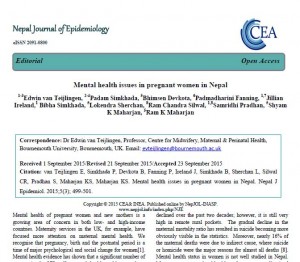 This THET-funded project will involve over 15 UK short-term volunteers. It is important to bring UK volunteers, who as health professionals will bring their experience of, and training in, the provision of mental health and maternity/midwifery services including the area of mental ill health prevention and health promotion. These experienced health workers (such as midwives, family doctors, mental health nurses, health visitors, psychiatrists) from the UK are invited to volunteer for two to three weeks at a time to design and deliver training. The mixture of training staff abroad (= Education) by UK professionals (=Practice) through an intervention which is properly evaluated (=Research) is a perfect example of BU’s FUSION in action.
This THET-funded project will involve over 15 UK short-term volunteers. It is important to bring UK volunteers, who as health professionals will bring their experience of, and training in, the provision of mental health and maternity/midwifery services including the area of mental ill health prevention and health promotion. These experienced health workers (such as midwives, family doctors, mental health nurses, health visitors, psychiatrists) from the UK are invited to volunteer for two to three weeks at a time to design and deliver training. The mixture of training staff abroad (= Education) by UK professionals (=Practice) through an intervention which is properly evaluated (=Research) is a perfect example of BU’s FUSION in action.

This project is supported by the Tropical Health & Education Trust (THET) as part of the Health Partnership Scheme, which is funded by the UK Department for International Development (DFID) and runs from this year May 1st until the autumn of 2016. The paper is freely available on line, click here!
Prof. Edwin van Teijlingen
CMMPH
Refererence:
van Teijlingen E, Simkhada P, Devkota B, Fanning P, Ireland J, Simkhada B, Sherchan L, Silwal CR, Pradhan S, Maharjan KS, Maharjan KS. Mental health issues in pregnant women in Nepal. Nepal J Epidemiol. 2015;5(3); 499-501.
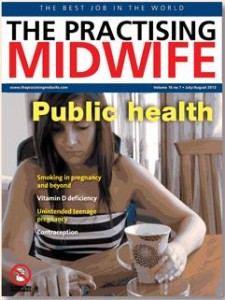 Carol Richardson, joint Portsmouth Hospitals NHS Trust and CMMPH’s PhD student, published her latest article ‘On running for supervisor’ in the most recent edition of The Practising Midwife. Carol as Clinical Academic Doctoral Midwife is conducting her thesis research on the topic of pregnancy and obesity. Her PhD is supervised by FHSS Prof. Vanora Hundley, Dr. Carol Wilkins & Prof. Edwin van Teijlingen.
Carol Richardson, joint Portsmouth Hospitals NHS Trust and CMMPH’s PhD student, published her latest article ‘On running for supervisor’ in the most recent edition of The Practising Midwife. Carol as Clinical Academic Doctoral Midwife is conducting her thesis research on the topic of pregnancy and obesity. Her PhD is supervised by FHSS Prof. Vanora Hundley, Dr. Carol Wilkins & Prof. Edwin van Teijlingen.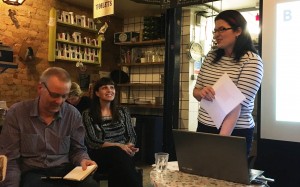

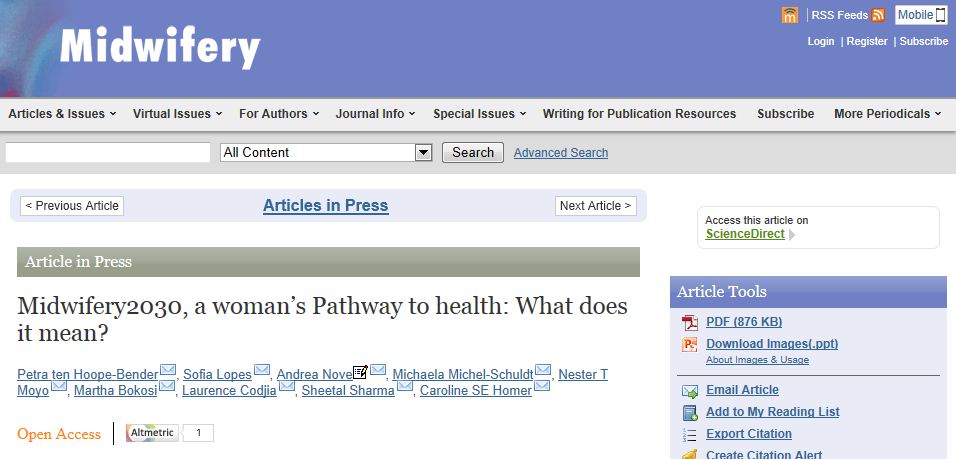
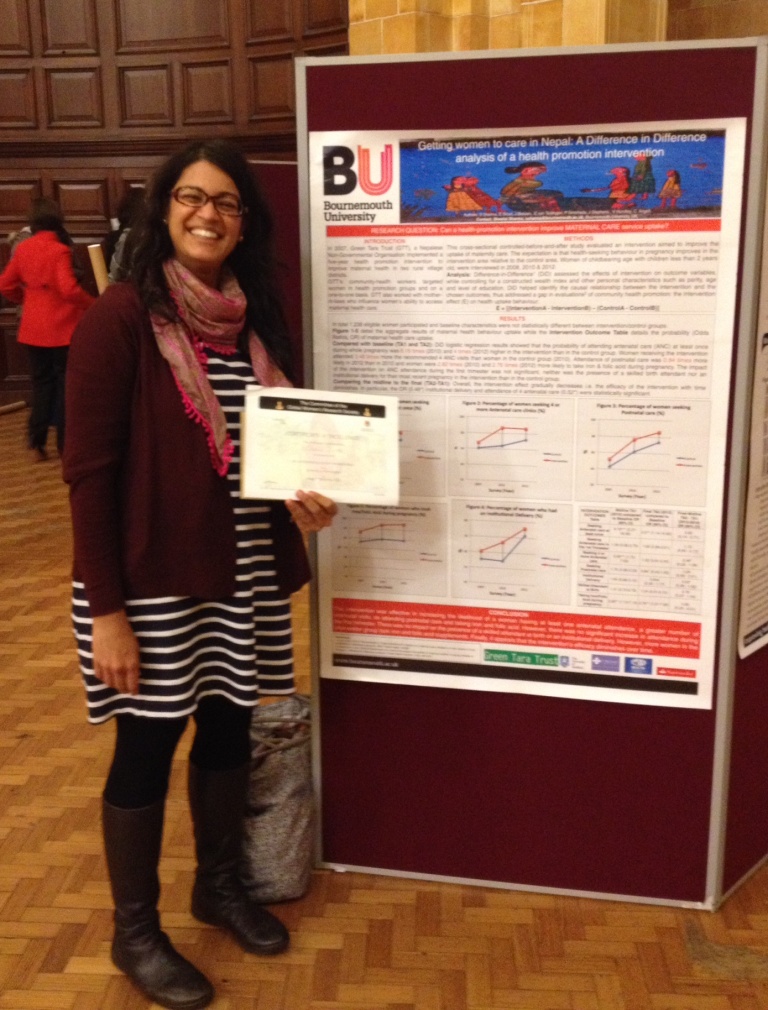
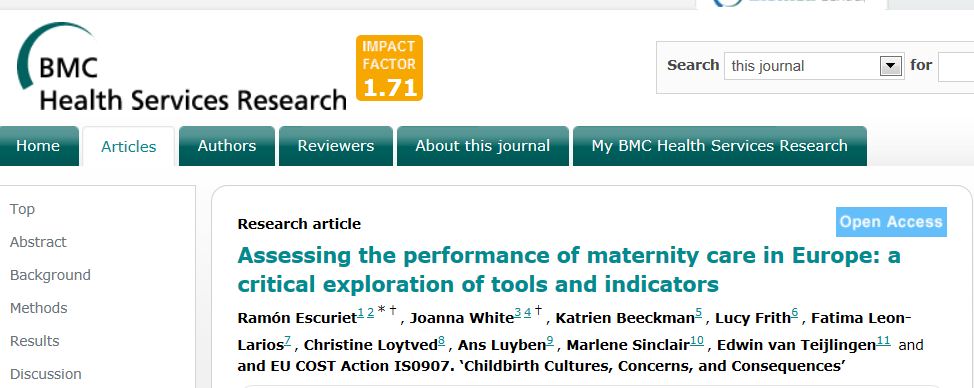
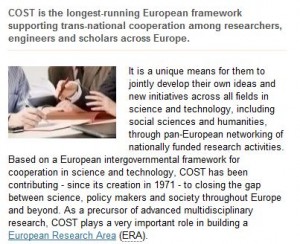


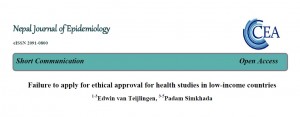

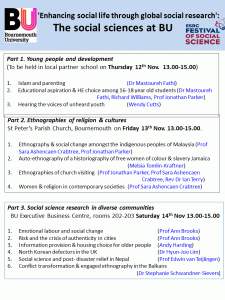






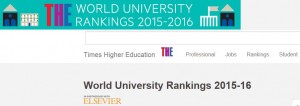

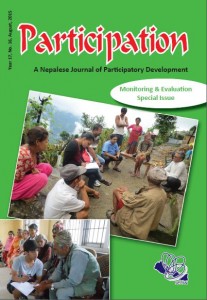
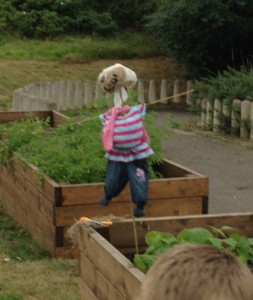
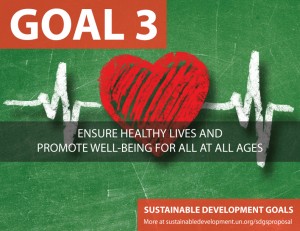











 Expand Your Impact: Collaboration and Networking Workshops for Researchers
Expand Your Impact: Collaboration and Networking Workshops for Researchers Visiting Prof. Sujan Marahatta presenting at BU
Visiting Prof. Sujan Marahatta presenting at BU 3C Event: Research Culture, Community & Can you Guess Who? Thursday 26 March 1-2pm
3C Event: Research Culture, Community & Can you Guess Who? Thursday 26 March 1-2pm UKCGE Recognised Research Supervision Programme: Deadline Approaching
UKCGE Recognised Research Supervision Programme: Deadline Approaching ECR Funding Open Call: Research Culture & Community Grant – Apply now
ECR Funding Open Call: Research Culture & Community Grant – Apply now ECR Funding Open Call: Research Culture & Community Grant – Application Deadline Friday 12 December
ECR Funding Open Call: Research Culture & Community Grant – Application Deadline Friday 12 December MSCA Postdoctoral Fellowships 2025 Call
MSCA Postdoctoral Fellowships 2025 Call ERC Advanced Grant 2025 Webinar
ERC Advanced Grant 2025 Webinar Update on UKRO services
Update on UKRO services European research project exploring use of ‘virtual twins’ to better manage metabolic associated fatty liver disease
European research project exploring use of ‘virtual twins’ to better manage metabolic associated fatty liver disease